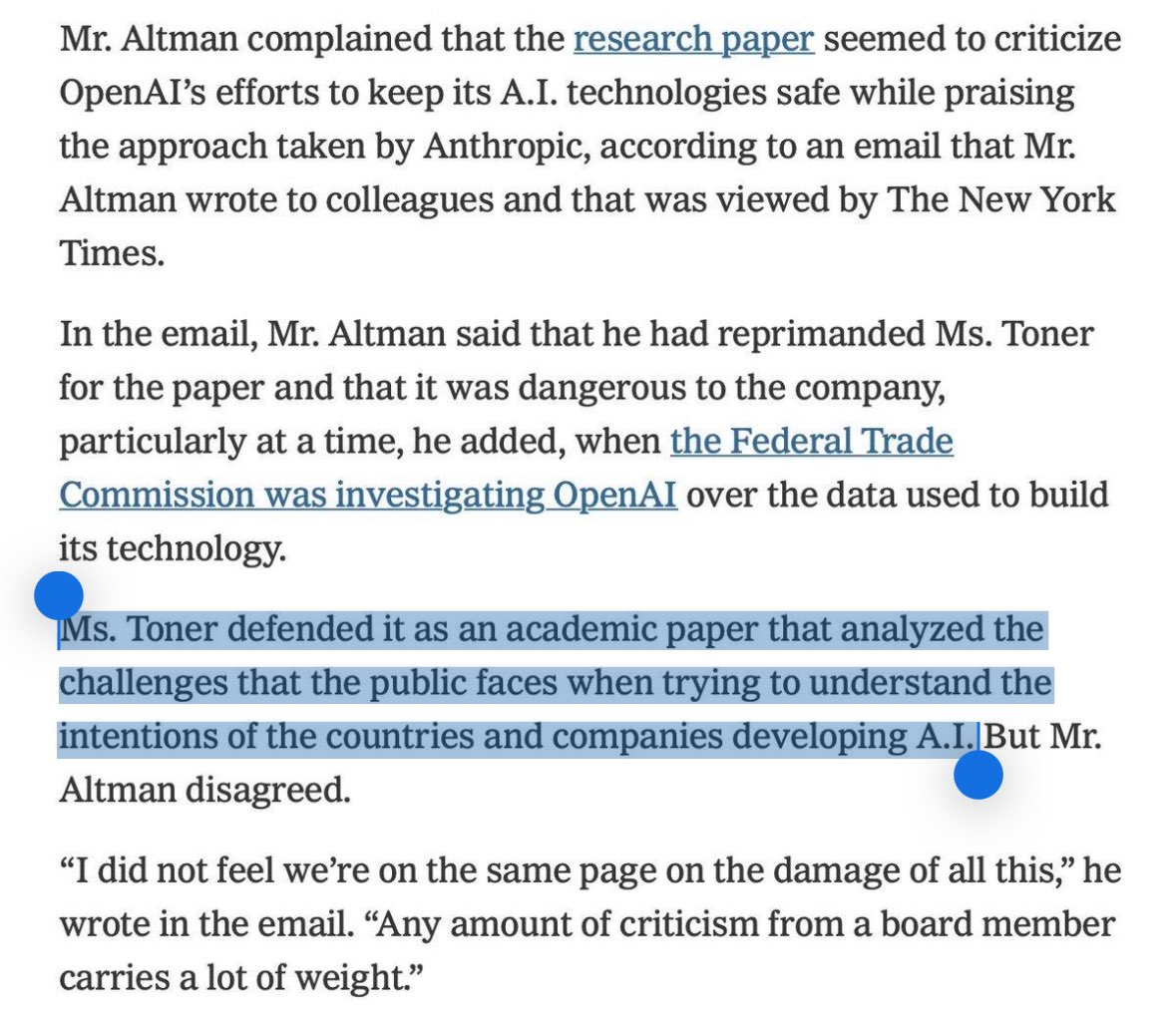The Supreme Court's Chevron ruling may be most impactful things to happen to startups in a long time, in ways that people don't realize.
A thread:
A thread:
From AP: "The court’s 6-3 ruling on Friday overturned a 1984 decision colloquially known as Chevron that has instructed lower courts to defer to federal agencies when laws passed by Congress are not crystal clear."
In other words, federal agencies could interpret unclear law in any way that they saw fit, and simultaneously "hold anyone accountable" for any law in the way that they desired.
It's a gross overreach of power.
It's a gross overreach of power.
I personally spent huge amounts of time working with Congress and on Capitol Hill, as did many others, begging for clarity on how ISAs should be treated.
Many years later federal agencies came after us citing the very laws that we were begging for clarity on.
Many years later federal agencies came after us citing the very laws that we were begging for clarity on.
Importantly, in some instances, it's never even revealed how to stay within the law. The federal agencies don't have to do that.
They just have to say that you broke the law, and no explanation is really needed.
They just have to say that you broke the law, and no explanation is really needed.
While we had our preferences with regard to ISAs, weren't even prescriptive, we just wanted to be given any guidance at all that we could operate under.
We would have complied with anything, and we were given nothing.
We would have complied with anything, and we were given nothing.
It was kept intentionally vague, with no answers to be given, up until and including the point where various federal agencies went after everyone in the ISA space for things that we had begged for answers for.
It bankrupted nearly everyone other than BloomTech.
It bankrupted nearly everyone other than BloomTech.
We see the same thing in crypto. The SEC continues to go after Coinbase and other players whose giant legal teams are doing everything they possibly can to stay within the law.
The SEC over and over again says, "You're breaking the law," then when Coinbase asks for clarification they get none.
The SEC over and over again says, "You're breaking the law," then when Coinbase asks for clarification they get none.
The result is a kangaroo court and many millions of dollars spent on legal fees without any clarity whatsoever, and agencies who are given full power to simultaneously make up what the grey area in-between the law ought to be and go after companies for it.
They do this while citing Uber and Theranos, claiming that companies are trying to be "above the law" and "skirt regulation."
Often times the exact opposite is true.
Companies are trying very hard to know how to stay within regulatory guidelines, but no one tells them.
Often times the exact opposite is true.
Companies are trying very hard to know how to stay within regulatory guidelines, but no one tells them.
There's only two ways to fight this (well, until yesterday/today): an outrageously expensive court battle that will take years (or decades), and not come to a conclusion.
The other was to settle with federal agencies, and let them say whatever they want to in press releases.
The other was to settle with federal agencies, and let them say whatever they want to in press releases.
At the bottom, of course, they'll have a disclosure that none of those things have been decided by any court or are agreed upon by anyone, but they can spout off as if they're factually true and no one cares enough to go in deep and question.
All in all, while it wasn't fast enough to save many of the companies I've worked with from massive abuses of power by the federal government, I'll have a Diet Coke to night in honor of the fact that the world just became ever so slightly more just.
• • •
Missing some Tweet in this thread? You can try to
force a refresh











